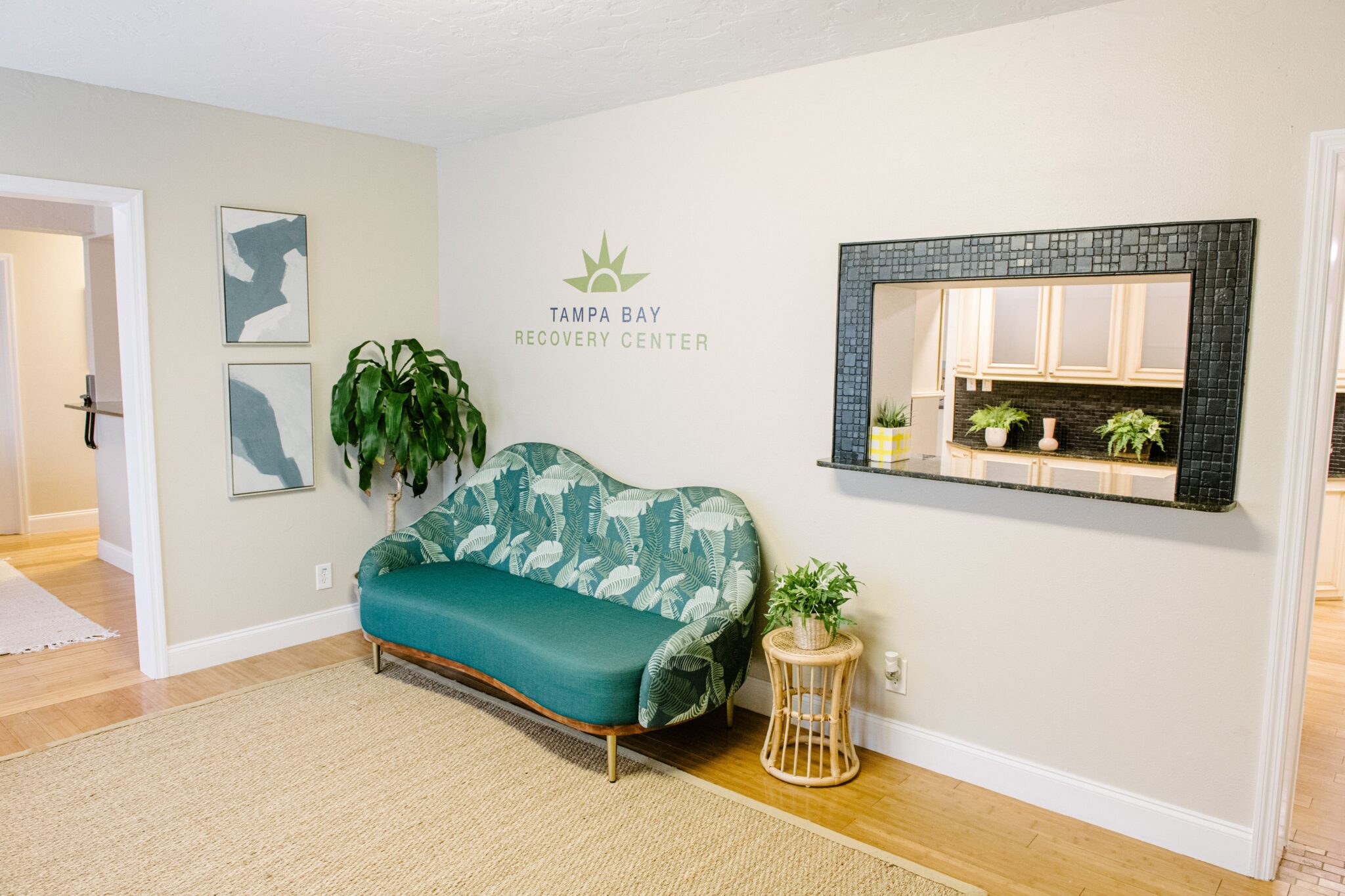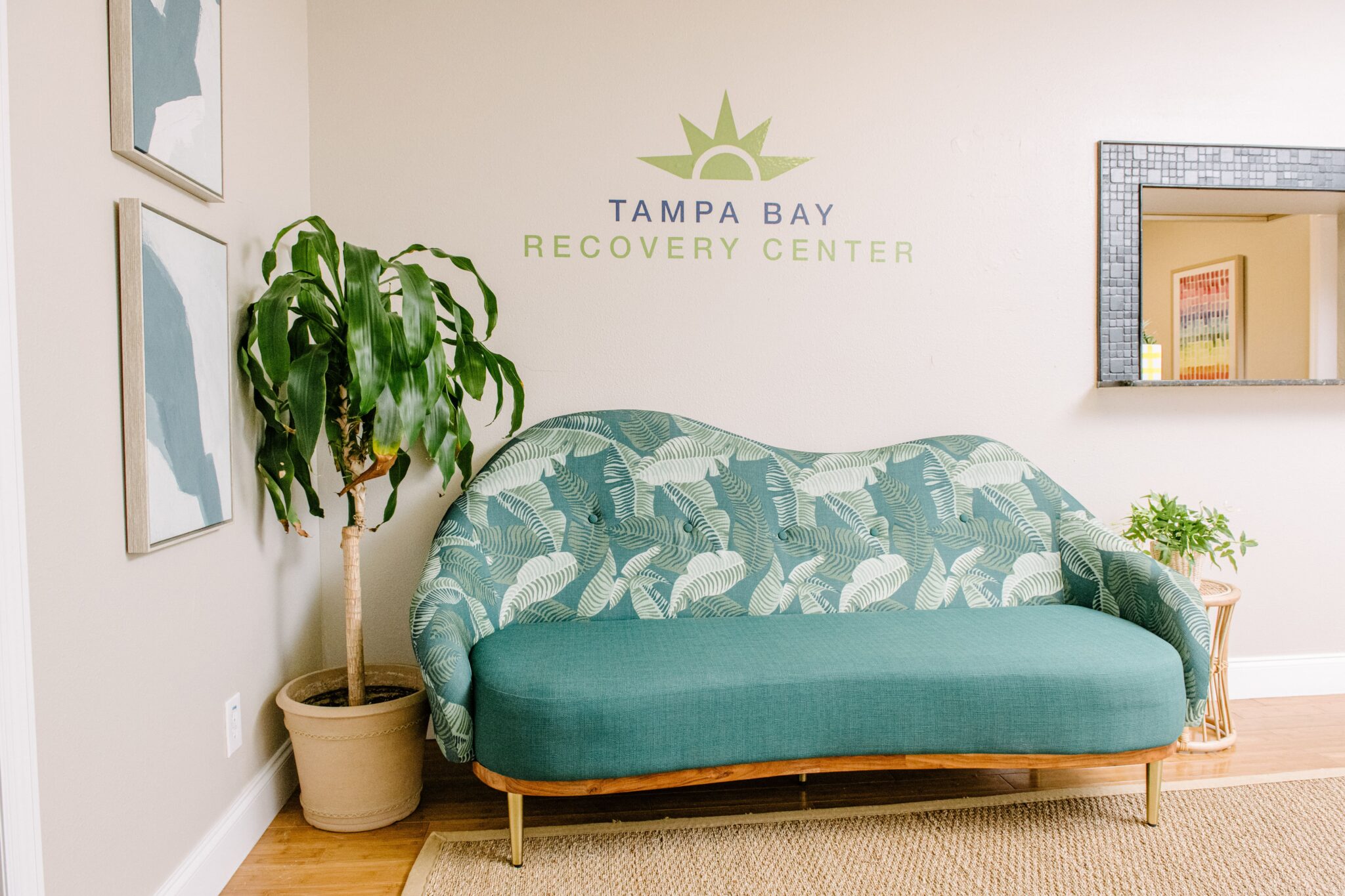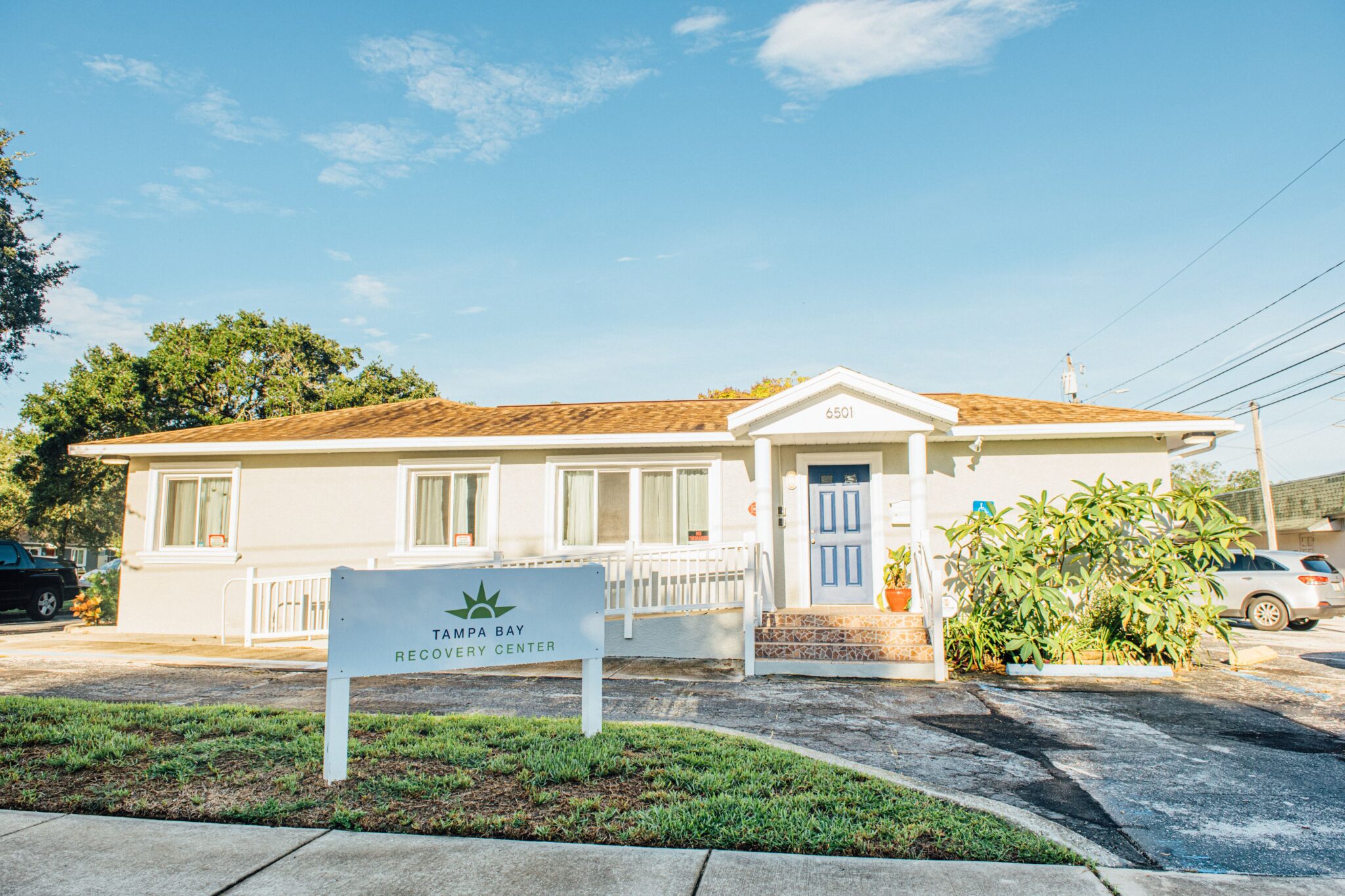Substance abuse can lead to serious health risks, including overdose, a medical emergency that requires immediate attention. Many people may not realize they are at risk or may fail to recognize the signs of an overdose. Tampa Bay Recovery has compiled this guide to help you recognize overdose symptoms and understand what actions to take to protect yourself or a loved one.
What Should I Do If I Suspect an Overdose?
If you think someone is overdosing, seek emergency medical help immediately. Call 911 and inform the operator that you suspect an overdose. Provide as much detail as possible, such as what substance was taken, how much, and when. The operator will give you instructions to follow until emergency responders arrive.
If the individual is having a seizure, wait for the convulsions to stop before moving them into the recovery position (unless they have sustained a head or neck injury). Stay with them until help arrives. If you cannot call, transport the person to an emergency room quickly and provide medical staff with information about the substance taken.
What is an Overdose?
An overdose occurs when a person ingests a toxic amount of one or more drugs, putting their health and life in danger. Overdose is a medical emergency that can result in permanent damage or death, so quick action is essential.
Signs of Overdose
Symptoms of overdose vary depending on the substance involved—whether it’s a depressant (slowing down the central nervous system) or a stimulant (increasing activity in the central nervous system). Below are the signs for specific substances.
Alcohol Overdose
- Cognitive impairment, disorientation
- Irregular or slow breathing
- Vomiting
- Barely conscious or unconscious
- Seizures
- Pale, clammy, or bluish skin
- Low body temperature
Cocaine Overdose
- Dilated pupils
- Rapid heart rate
- Sweating, high body temperature
- Vomiting
- Seizures
- Hallucinations, paranoia
- Cardiovascular events (heart attack or stroke)
- Loss of consciousness
Fentanyl Overdose
Fentanyl is extremely potent and has contributed to the surge in overdose deaths in recent years. Signs include:
- Difficulty thinking clearly
- Constricted pupils
- Shallow breathing
- Slurred speech
- Vomiting
- Cold, clammy skin, blue or gray skin tone
- Choking or gurgling sounds
- Barely conscious or unconscious
Opioid Overdose
Opioids like heroin and prescription painkillers can slow breathing and heart rate. Overdose signs include:
- Difficulty thinking clearly
- Constricted pupils
- Shallow breathing
- Slow pulse
- Vomiting
- Unresponsiveness
- Blue skin or lips
Benzo Overdose (e.g., Xanax, Klonopin)
- Shallow breathing
- Slurred speech
- Poor coordination, poor memory
- Barely conscious or unconscious
Stimulant Overdose (e.g., Amphetamines, Adderall)
- Dilated pupils
- Fast heart rate
- Chest pain, sweating
- High body temperature
- Paranoia, panic
- Seizures, hallucinations
- Cardiovascular events (heart attack or stroke)
Kratom Overdose
- Constricted pupils
- Rapid heart rate
- Shallow breathing
- Seizures
- Hallucinations
- Cardiovascular events (heart attack or stroke)
Causes and Risks of Overdose
Several factors can increase the risk of overdose, including:
- Low tolerance: After a period of sobriety, like during rehab or incarceration, resuming substance use at prior levels can result in overdose.
- Combining substances: Using more than one drug at a time elevates overdose risks.
- Unknown drug purity: Many illicit drugs are mixed with unknown, often dangerous substances.
- Poor health: Conditions like cardiovascular disease or mental illness can exacerbate the effects of drugs.
- Using alone: People who use substances alone may not realize they are overdosing or may be unable to call for help.
What is Narcan (Naloxone)?
Narcan, or Naloxone, is a life-saving medication that can reverse opioid overdoses. It is FDA-approved and available over-the-counter at pharmacies like CVS and Walgreens, as well as online. Narcan can be administered as a nasal spray by anyone, without medical training.
Where Can I Get Narcan?
You can find Narcan at:
- Rebel Recovery: A nonprofit offering Narcan education and peer support.
- CVS and Walgreens: Nationwide availability of Narcan without a prescription.
- NEXT Distro: Mail-based harm reduction services offering home delivery of Narcan.
- Prevent & Protect: A directory of locations providing Narcan near you.
Good Samaritan Laws
Good Samaritan laws protect individuals who call for help during an overdose situation from being arrested for drug-related offenses. This encourages people to seek medical assistance without fear of legal consequences. Most states have such laws in place, though exceptions include Texas, Kansas, and Wyoming.
Get Help for Substance Abuse Today
Experiencing or witnessing an overdose is a sign that substance use has escalated to a dangerous level. Tampa Bay Recovery offers detox and addiction treatment programs to help you or a loved one recover. Contact us today to learn more about our services and begin the journey to recovery.
Tampa Bay Recovery Center provides expert, evidence-based care for individuals struggling with addiction. If you or someone you know is at risk of overdose or battling substance use disorder, call (813) 733-8774 to speak with an admissions specialist.













